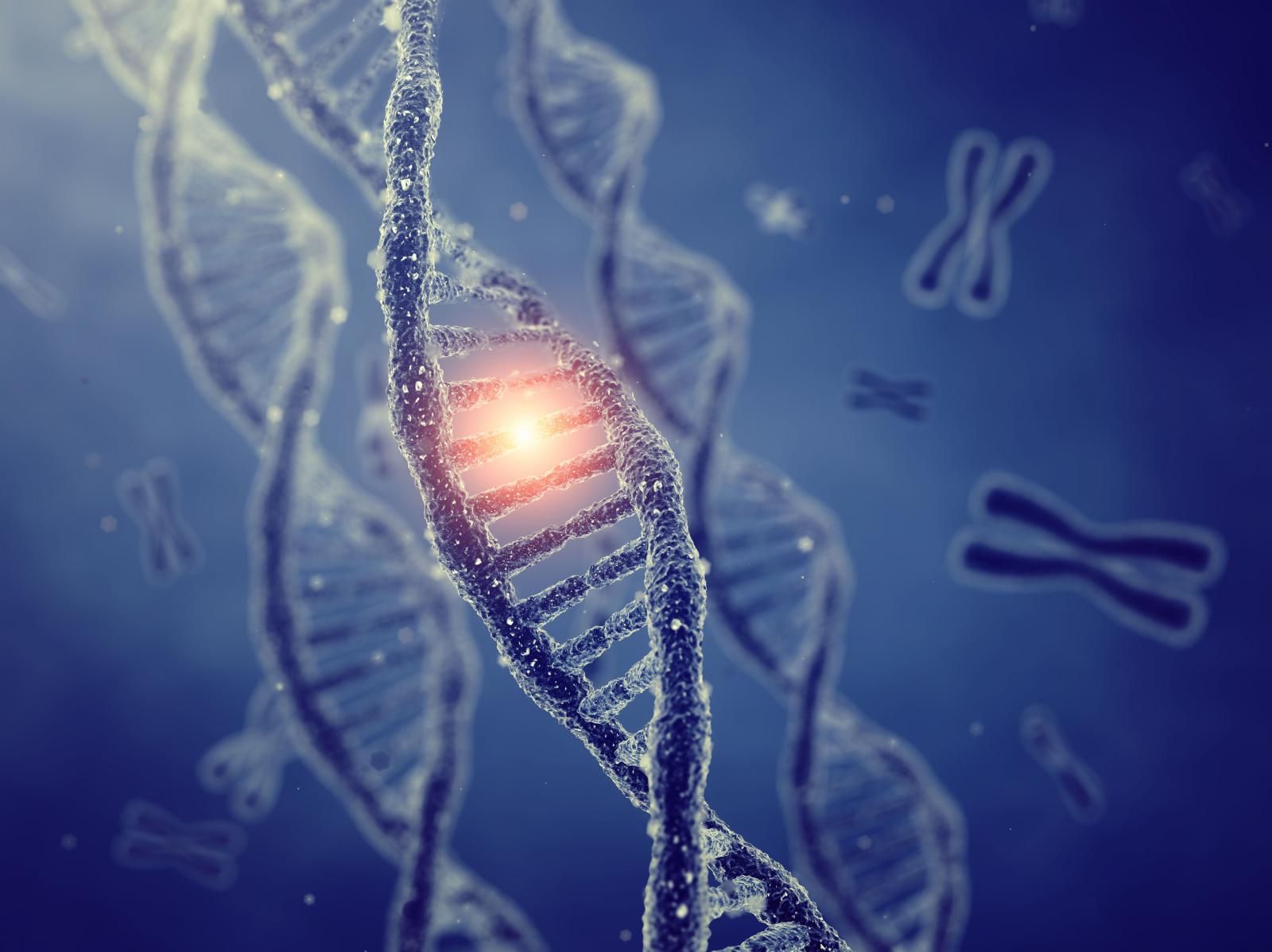Analysis Determines Differences in Urinary Microbiota for Patients With Bladder Cancer
In an interview with Targeted Oncology, Massimo Lazzari, MD, discussed the findings from the analysis of microbiota in patients with bladder cancer. He highlighted how these findings can impact the treatment paradigm and exploration of new therapeutic agents in this space.

The urinary microbiota in patients with bladder cancer demonstrated a significantly different pattern compared with the control group, according to the findings from an analysis presented at the 2020 Genitourinary Cancers Symposium (GU 2020. These findings suggest the tumor microenvironment may influence dysbiosis.
Investigators also determined specific bacteria that are associated with aggressive tumors. Understanding the urinary microbiota can help in the exploration of new therapeutic treatment options for patients with bladder cancer.
Urine samples were collected from patients with bladder cancer prior to transurethral resection or cystectomy, as well as from age-matched non-neoplastic subjects. Bacterial DNA were isolated from urine samples for analysis.
The most abundant phyla found in both patients with bladder cancer and the control group were Actinobacteria, Bacteroidetes, Firmicutes, and Proteobacteria, although Bacteroidetes was slightly more abundant in bladder cancer samples at the expense of Proteobacteria.
There was a reduction in the abundance of Sphingobacteriaceae, Bifidobacteriaceae and Enterobacteriaceae in non-muscle-invasive bladder cancer (NMIBC), while high-grade NMIBC and muscle invasive bladder cancer had decreases in Bifidobacterium and Ruminococcus, known to protect from inflammation. These patient groups also had an increase in Corynebacterium, a potential opportunistic bacterium.
In an interview withTargeted Oncology, Massimo Lazzari, MD, Humanitas Clinical Research Hospital, discussed the findings from the analysis of microbiota in patients with bladder cancer. He highlighted how these findings can impact the treatment paradigm and exploration of new therapeutic agents in this space.
TARGETED ONCOLOGY: What was the rationale to create this study?
Lazzari:We know today that in the urine, there are bacteria, and we thought that the bacteria may be important in the pathogenesis of bladder cancer. We know that microbiota in the gut is very important for inflammatory disease of the gut, but today we have very scant information about the urine microbiota and bladder cancer. The rationale to investigate the microbiota was to correlate the microbiota with not only bladder cancer but also with urine dysbiosis.
TARGETED ONCOLOGY: What was the methodology for this?
Lazzari:The methodology is very important because, in the last 5 years, several studies tried to investigate the urinary microbiota, but many of those studies collected urine by midstream; it’s not the urinary microbiota but it is urogenital microbiota. We collected the urine by catheter and by washing the bladder, and in this way, we are sure that we collected the urinary biota.
TARGETED ONCOLOGY: What were the findings?
Lazzari:We investigated 11 patients as age-matched controls and about 50 patients with bladder cancer. First of all, we tried to find a difference between normal patients and patients with bladder cancer. We found that urinary microbiota is different in patients with bladder cancer. [These findings] will be very practical. We found different species, such as [Actinobacteria, Bacteroidetes, Firmicutes, and Proteobacteria]. On the contrary, we found a decrease in a specific species, like Ruminococcus which is a very important bacteria for anti-inflammatory activity. We observed in bowel inflammation a decrease of Ruminoccoccus, and the same we found in the bladder.
Finally, we found there was a correlation between the stage of bladder cancer with Sphingobacteriaceae. For instance, we found an increase in Corynebacterium in higher grade, higher stage bladder cancer.
TARGETED ONCOLOGY: What do you think are the implications of these findings?
Lazzari:It is important to think about the implications of such findings. I can think about a change in the local environment, the dysbiosis to obtain and analyze disease in the urinary microbiota to prevent bladder cancer and in order to cooperate with [therapies] or chemotherapy for the management of bladder cancer.
TARGETED ONCOLOGY: Are there any next steps for this research?
Lazzari:The next steps are to enlarge the group and enlarge the controls in order to provide robust evidence because we need evidence and good data.
TARGETED ONCOLOGY: What else do you want people to takeaway from this?
Lazzari:A lot of people should know about this research. Not only physicians but it is very important for patients and the general population because if you have a good diet, a good dysbiosis of your gut, and, in this case, a good bladder, you can improve your survival and quality of life.
Reference:
Oresta B, Hurle R, Lazzeri M, et al. Characterizstion of the urinary microbiota in bladder cancer patients. Poster presented at: GU Cancers Symposium; February 13-15, 2020; San Francisco, CA.